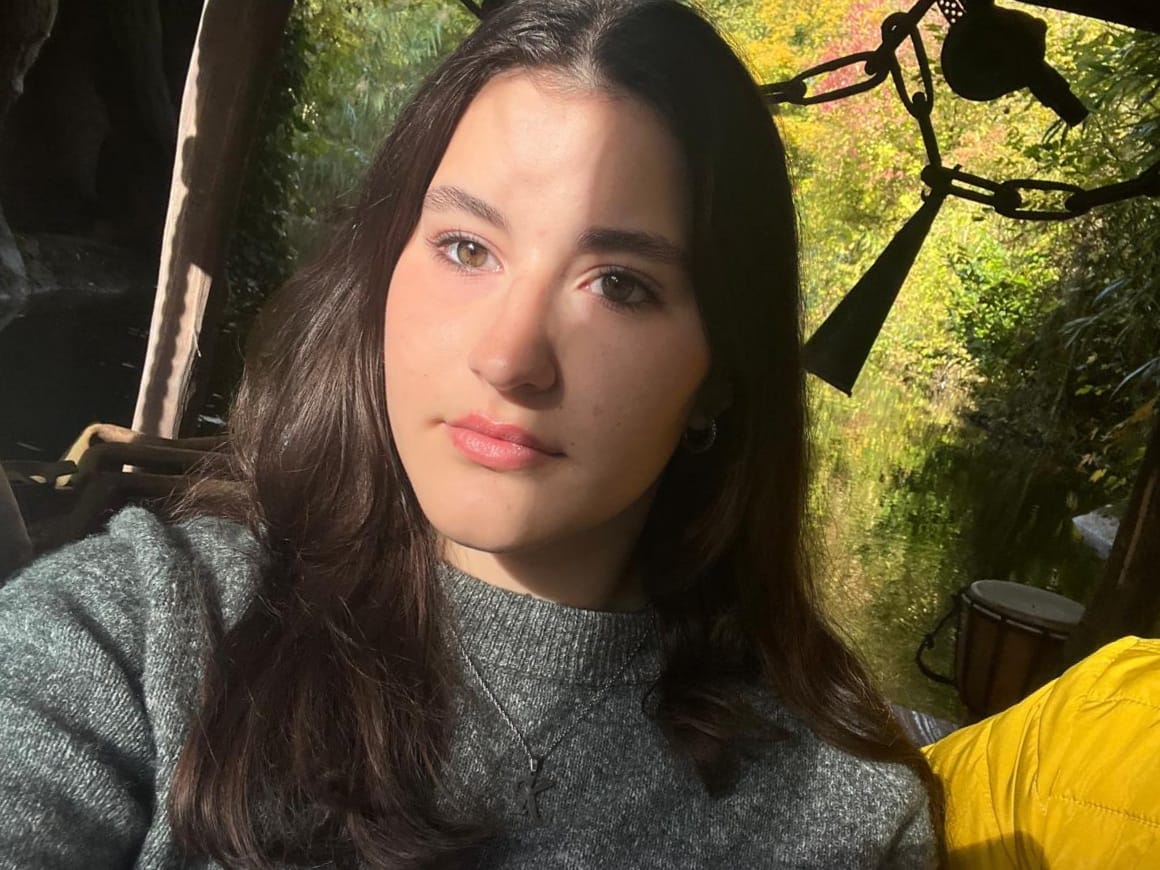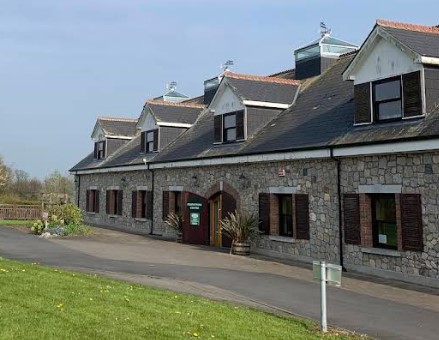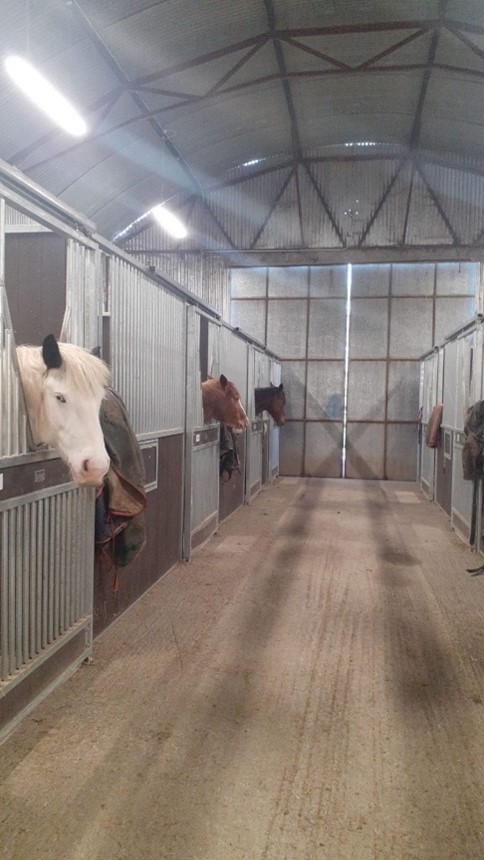July TCAID: InFocus - A Day at Stewarts Care Equestrian Centre: My Transition Year Experience By Karla Romero-Hentrich
TCAID Welcomes Transition Year Student Karla Romero-Hentrich

The Trinity Centre for Ageing and Intellectual Disability (TCAID) was delighted to host Transition Year student Karla Romero-Hentrich from St. Kilian’s German School for a week-long placement in April. During her time with us, Karla participated in a wide range of activities designed to introduce her to the field of ageing and intellectual disability research, including sessions on health assessment tools, public and patient involvement (PPI), accessible communication, and academic research pathways.
As part of her placement, Karla also took part in an off-site learning visit to Stewarts Care Equestrian Centre in Kilcloon, Co. Meath, where she had the opportunity to see firsthand how equine-assisted therapy can support individuals with intellectual disabilities. She has kindly shared a written reflection on that experience, which you can read below.
A Day at Stewarts Care Equestrian Centre: My Transition Year Experience
By Karla Romero-Hentrich

My name is Karla Romero-Hentrich, and I am a Transition Year Student in St. Kilian’s German School. Throughout my life, I have always had a keen interest in science and the medical field, especially Dermatology and plastic surgery. However, for my second 2 weeks of work experience, I had a placement in IDS-TILDA in Trinity College, where I was given the opportunity to learn about Intellectual Disabilities, Down Syndrome, dementia and ageing. I got great insights into the research that is carried out, how this is achieved, and the steps taken to improve and support the mental and physical well-being of those individuals.
During my placement, I went to Stewards Equestrian Centre in Kilcloon, Co. Meath, where I spent the day looking after horses, clearing out the stables, meeting new faces, and learning about what they do. Their main mission is to support individuals with intellectual disabilities by offering services tailored to each person's needs. Their main goal is to enhance the education, health, well-being, and overall happiness of those they serve, considering not just the individual, but also their family and environment.

During my visit, I was told that riding a horse is a similar experience to that of being carried as an infant by one’s mother. Not only are you being ‘transported’ by the horse, it also assists with balance and ensures complete focus on the horse and your surroundings. Equine therapy encourages the connection between humans and horses and supports healing and growth. Whilst being around horses, people can improve their physical coordination, emotional well-being, and sensory awareness. The gentle rocking motion of the hips engages your core, strengthens the muscles and releases neurochemicals that positively affect your mood, allowing you to feel more relaxed, confident and comforted. Taking care of horses teaches individuals valuable skills, for example, finding the confidence to feel safe around larger animals.
That day, I was invited to watch a horse-riding session. One of the staff members brought out a horse and prepared it with a saddle, bridle, and reins. When the care recipient arrived, who was non-verbal, the attendants wrapped a safety belt around them with a handle at the back to ensure they could be held securely in case they lost balance. We walked along the sensory trail that stretched around the back of the stables. The benefits could be seen instantaneously. Their whole mood shifted into a relaxed, content state.
The environment at the equestrian centre was brilliant. The workers were really understanding, caring, and compassionate. In my opinion, it is very important to have places and services like these because they create a place where everyone is accepted. Individuals with intellectual disabilities, Down syndrome, and autism are always told what not to do; a place like this gives them the chance to explore, be themselves, relax, and develop confidence and a sense of autonomy in a fully supportive environment.
I have worked with horses in the past, but not to this extent, which made that day even more of an eye-opening experience. I thoroughly enjoyed the opportunity and was deeply impressed by the facilities and support of the Equestrian Centre. It’s certainly worth considering a visit!
Thank you again to the Trinity Centre for Ageing and Intellectual Disability for offering me a great Transition Year experience.

